Overview
Inviting practitioners and experts to give guest presentations as part of the subject design is an excellent way to provide students with access to the professions. Experienced practitioners can provide students with an insight into the reality of their work and creates an opportunity to share with students the kinds of tacit skills and knowledge they will need in the future.
Engagement
Student engagement is enhanced through insight into contemporary practices and the opportunity for students not just to listen, but to ask questions and open a dialogue - either in person or asynchronously. This practice also fosters greater connections and partnership with the professions as it builds a bridge between the classroom and the workforce.
In Practice
Subject
INF537 Digital Futures Colloquium
Teaching Staff
Julie Lindsay
Motivation
This subject is the capstone for the Master of Education - Knowledge Networks and Digital Innovation degree. The colloquium series of online guest presentations is designed to provide insights into the impact of knowledge networks and introduces industry experts, exemplary practitioners and thought leaders. Learning in a digital age requires practitioners who understand education imperatives in local and global settings, and who can demonstrate an agile response to novel technologies that may catalyze learning. Both technical and pedagogical innovation should be hallmarks of the best learning environments incorporating a wide variety of pedagogical approaches, learning tools, methods and practices to support students’ diverse learning modes and contexts. As professional learners within a global, digital commons, the participants in this subject develop the skills to work, network and learn together, and to learn from thought leaders in visible and connected ways. The digital futures colloquium is designed to encourage this open debate and scholarship, to help build expertise in building quality digital futures in learning and teaching.
Implementation
The colloquium series of five online meetings/presentations is organised by the Subject Coordinator to meet the needs of the students and to align with presenter schedules. A Socratic method using a collaborative intellectual dialogue is usually employed with prior preparation by students a key requirement. All sessions are held in Adobe Connect and guests share slides and resources before and after the session. Student groups are rostered to provide a summary and pertinent discussion points for each session to be shared via the Interact2 forum for further interactive dialogue and reflection.
Online Colloquium presentation slides
Subject
HCS103 Fields of Practice
Teaching Staff
Katrina Gersbach
Motivation
The subject Fields of Practice is aimed at supporting students to contextualise the nature of Social Work in a variety of practice settings and fields. Sourcing quality interviews/guest lectures from a range of practising professionals and embedding these videos throughout the online topics was identified as suitable way to enhance the quality of the online resources, contextualise the nature of social work and professional practice.
Implementation
Using community contacts, teaching academics sent out emails to practising professional seeking interest from those willing to share their expertise and be filmed in the CSU Wagga or Bathurst studio. These video were then uploaded to the CSU YouTube channel, and with support from the Educational Designer, embedded in various topics in the online offering. On campus students can also benefit from these videos and make great stimulus material for tutorials.
Guide
Locating and inviting guest presentations requires a recruitment process to find willing professionals. Professional bodies, both formal and informal, can provide a ready-made network to engage with and seek out speakers. Local small businesses, schools and community groups are another source of potential guests and can provide students with a different perspective. Making the most effective use of the guest requires planning. Aligning the speaker to a specific topic or area of study that students may assist students them to make the links required for understanding. Allowing time for question and answers will make a more effective session than a purely one-way process. Presentations can take many forms, including: short live or filmed lectures, an interview with the guest or have several guests as part of a panel. Student will be more involved if they are asked to devise questions as part of a linked activity, either singly or in small groups.
Tools
Online Meeting - Adobe Connect provides an online tool that is perfect for Guest Presentations. Guests can share slides and documents, share their webcam, interact with student directly or via text chat. It also allows you to record sessions so that students who can’t make it, or who may want to review the presentation can access it later.
Video Conferencing - the new CSU Video Conferencing system makes it easier than ever to engage with the outside world. Guests can log in using just their web browser. It lacks the interactive and recording features of Adobe Connect but may suit some situations. Skype and Google Hangouts are other options but dealing with large groups of students can be difficult.
Additional Resources
Algie, J. & Rowland, J. K. (2007). A guest lecturing program to improve students’ applied learning. Proceedings of the Australian and New Zealand Marketing Academy Conference (pp. 1-6). Dunedin, New Zealand: Australian and New Zealand Marketing Academy
O’Connell, J., Lindsay, J. (2016). Online colloquium [Slideshow]. Retrieved from Google Docs
Ray, B., Jackson, S., & Cupaiuolo, C. (Eds).(2014). Participatory learning. MacArthur Foundation Digital Media and Learning Initiative.
Ross, J. (2012). The spectacle and the placeholder: Digital futures for reflective practices in higher education. In Proceedings of the 8th International Conference on Networked Learning (pp. 227–244). Retrieved from http://www.lancaster.ac.uk/fss/organisations/netlc/past/nlc2012/abstracts/pdf/ross.pdf
Veletsianos, G., & Kimmons, R. (2012). Networked participatory scholarship: Emergent techno-cultural pressures toward open and digital scholarship in online networks. Computers & Education, 58(2), 766–774. http://doi.org/10.1016/j.compedu.2011.10.001
